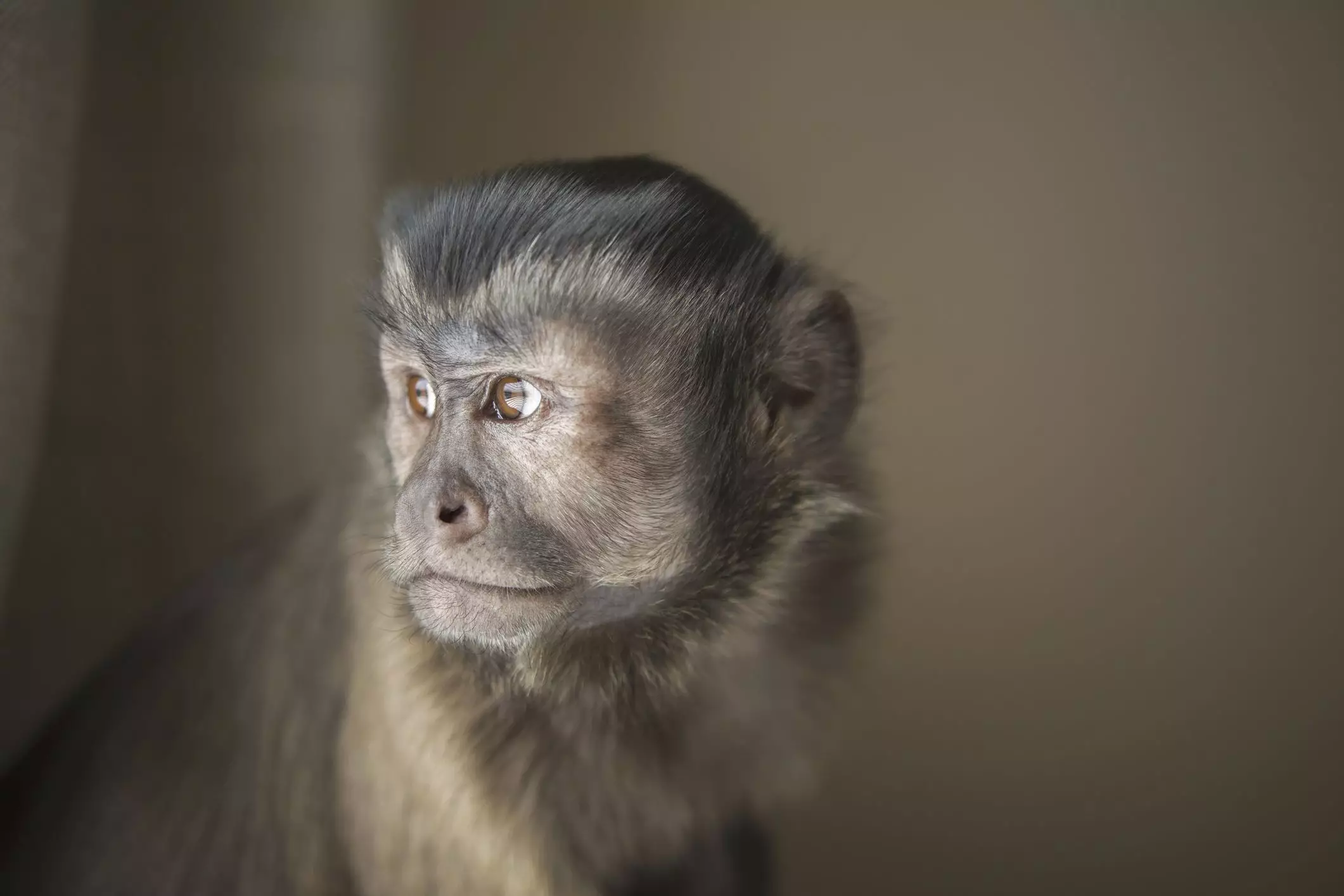Capuchin monkeys, members of the Cebidae family, are among the most captivating creatures on the planet. With their expressive faces and curious nature, it’s no wonder people find them irresistibly adorable, particularly when they are young. However, considering their intriguing characteristics and requirements, it is paramount to discuss why keeping capuchin monkeys as pets can lead to various complications, both for the animals and their human caretakers.
Capuchin monkeys typically measure between 13 to 22 inches in length and can weigh up to 4 pounds. These agile primates thrive in their natural habitats, predominantly found in the rainforests of South and Central America, where they engage in daily activities of foraging, climbing, and socializing within their groups. As diurnal creatures, capuchins are active throughout the daylight hours, spending their time searching for food such as fruits, vegetables, and small insects.
However, when these animals are kept in captivity, their need for space and stimulation is often severely compromised. Capuchins are inherently active and intelligent, requiring an environment where they can explore, climb, and remain engaged. When this need is unmet, they may develop undesirable behaviors, including aggression and destructiveness, leading to frustration for both the animal and its owner.
The ethical considerations surrounding capuchin monkeys as pets are significant. Despite some states allowing ownership, the burden of their care is immense. Potential owners need not only a proper understanding of their legal obligations but also a genuine commitment to meeting the animals’ complex needs. For instance, many states impose strict regulations on exotic pets, with some even requiring specialized licenses. Moreover, many individuals who purchase capuchins do so without fully understanding the long-term implications of such a commitment.
The practice of breeding capuchins often raises troubling ethical questions. Many breeders separate young monkeys from their mothers at a critical developmental stage. This separation can lead to emotional and psychological scars for both the baby and the mother, leaving lifelong consequences. As a result, many capuchin monkeys end up in rescue facilities, highlighting the tragedy of impulse purchases without thorough consideration of the creature’s needs.
As capuchin monkeys mature, they become increasingly challenging to manage. Initially, they might display endearing behaviors; however, as they reach maturity, pet owners often find themselves overwhelmed. By age five, monkeys can exhibit heightened aggression and curiosity, which, without proper outlets, manifest as destructive behaviors. This is further exacerbated by the fact that capuchins need stimulation to thrive—something that average pet owners may struggle to provide in a conventional home environment.
Challenge lies not just in their behavior but also in their nutritional requirements. Replicating their natural diet in captivity is notably complex. Pets often require specially balanced diets that incorporate various fruits while avoiding harmful foods like dairy and sweets. Without a well-planned diet, capuchins can develop serious health issues, including metabolic bone disease and diabetes.
The well-being of capuchin monkeys in domestic settings brings additional concerns, particularly regarding zoonotic diseases. Capuchins carry different diseases that can pose a risk to humans, such as hepatitis and herpes B virus, which can lead to severe illness. Their immune systems are more vulnerable than ours, making them susceptible to human illnesses, which can contribute to additional health challenges. Regular veterinary care from experts in exotic animals becomes paramount, yet such specialists may be hard to find.
Owners face ongoing responsibilities to ensure their monkey’s social and emotional needs are met, which may include formal training with a specialized primate trainer. Even so, it is important to recognize that capuchins often retain their wild instincts, resulting in behaviors that can be difficult, if not impossible, to correct.
While capuchin monkeys bring a level of charm and stimulation, owning one is fraught with difficulties that not every prospective pet parent can undertake. The reality is that these fascinating primates are best suited to live in their natural environments, where they can thrive socially and physically.
People should strongly consider other pet options or support capuchin welfare through sponsorship programs rather than adopting them into their homes. Ultimately, the welfare of the animal must come first, as this enchanting species is best left in their natural habitat, contributing to the rich biodiversity of our world rather than facing the confines of domestic life.


Leave a Reply